detail profile j c3 bcrgen j c3 bcrges
Peran Yang Di Mainkan Jürgen Jürges
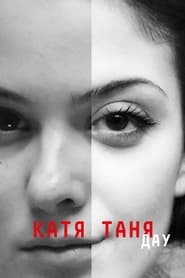 Katya a young librarian believes in...
Katya a young librarian believes in...DAU. Katya Tanya 2020
Katya, a young librarian, believes in love, but her ideals are crushed by reality. After a string of disappointing affairs, Katya finally finds tenderness and understanding in the arms of her colleague, a journalist called Tanya. But then the First Department interferes: the state security services see this relationship as unacceptable for a Soviet woman.
 A series of events unfold like...
A series of events unfold like...Code Unknown 2000
A series of events unfold like a chain reaction, all stemming from a minor event that brings the film's five characters together. Set in Paris, France, Anne is an actress whose boyfriend Georges photographs the war in Kosovo. Georges' brother, Jean, is looking for the entry code to Georges' apartment. These characters' lives interconnect with a Romanian immigrant and a deaf teacher.
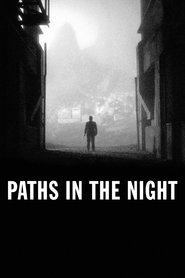 Set against the backdrop of postunification...
Set against the backdrop of postunification...Paths in the Night 1999
Set against the backdrop of post-unification Germany, the film explores the breakdown of relations in a decaying social structure.
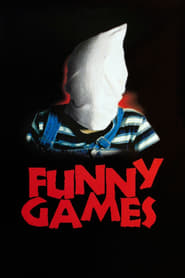 Two psychotic young men take a...
Two psychotic young men take a...Funny Games 1997
Two psychotic young men take a mother, father, and son hostage in their vacation cabin and force them to play sadistic "games" with one another for their own amusement.
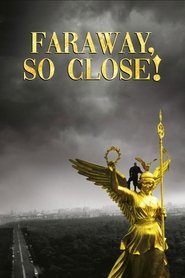 Damiel is now married to Marion...
Damiel is now married to Marion...Faraway, So Close! 1993
Damiel is now married to Marion, runs the pizzeria “Da Angelo” and the two have a child. The solitarily remaining angel Cassiel is more and more dissatisfied with his destiny as a mere observer of human life and finally decides to take the great leap. As Karl Engel he soon gets into a dubious milieu and finds himself as the assistant of the German American Baker, who makes his money with shady arms deals and sends films east in exchange for weapons. Cassiel’s adventure turns into a “thriller” when he decides to put a stop to Baker’s game.
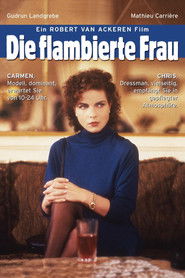 Eva an upperclass housewife frustratedly leaves...
Eva an upperclass housewife frustratedly leaves...A Woman in Flames 1983
Eva, an upper-class housewife, frustratedly leaves her arrogant husband and decides to enter the call girl business. She lets Yvonne, a prostitute, teach her the basics and both set out for prey together, until Eva starts an affair with Chris, who turns out to be a call boy, as well. Consequently, she moves into his penthouse, large enough for both to offer their services separately.
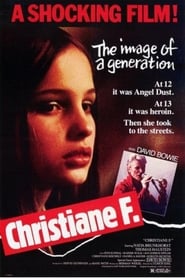 This movie portrays the drug scene...
This movie portrays the drug scene...Christiane F. 1981
This movie portrays the drug scene in Berlin in the 70s, following tape recordings of Christiane F. 14 years old Christiane lives with her mother and little sister in a typical multi-storey apartment building in Berlin. She's fascinated by the 'Sound', a new disco with most modern equipment. Although she's legally too young, she asks a friend to take her. There she meets Detlef, who's in a clique where everybody's on drugs. Step by step she gets drawn deeper into the scene.
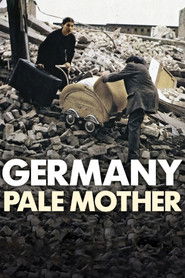 Germany 1939 Hans and Lene marry the...
Germany 1939 Hans and Lene marry the...Germany Pale Mother 1980
Germany 1939. Hans and Lene marry the day before the war breaks out, and Hans is sent to the Eastern front. During a bombing raid their daughter Anna is born. The house is destroyed and Lene and Anna moves in with relatives in Berlin. Hans survives the war but he is not the same person as in 1939, and he and Lene find it difficult to live together again.
 Germany in Autumn does not have...
Germany in Autumn does not have...Germany in Autumn 1978
Germany in Autumn does not have a plot per se; it mixes documentary footage, along with standard movie scenes, to give the audience the mood of Germany during the late 1970s. The movie covers the two month time period during 1977 when a businessman was kidnapped, and later murdered, by the left-wing terrorists known as the RAF-Rote Armee Fraktion (Red Army Fraction). The businessman had been kidnapped in an effort to secure the release of the orginal leaders of the RAF, also known as the Baader-Meinhof gang. When the kidnapping effort and a plane hijacking effort failed, the three most prominent leaders of the RAF, Andreas Baader, Gudrun Ensslin, and Jan-Carl Raspe, all committed suicide in prison. It has become an article of faith within the left-wing community that these three were actually murdered by the state.
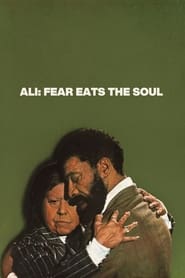 Emmi Kurowski a cleaning lady is...
Emmi Kurowski a cleaning lady is...Ali: Fear Eats the Soul 1974
Emmi Kurowski, a cleaning lady, is lonely in her old age. Her husband died years ago, and her grown children offer little companionship. One night she goes to a bar frequented by Arab immigrants and strikes up a friendship with middle-aged mechanic Ali. Their relationship soon develops into something more, and Emmi's family and neighbors criticize their spontaneous marriage. Soon Emmi and Ali are forced to confront their own insecurities about their future.
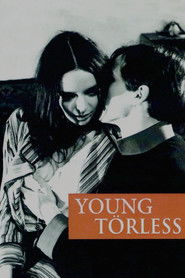 At an Austrian boys boarding school...
At an Austrian boys boarding school...Young Törless 1966
At an Austrian boys' boarding school in the early 1900s, shy, intelligent Törless observes the sadistic behavior of his fellow students, doing nothing to help a victimized classmate—until the torture goes too far. Adapted from Robert Musil's acclaimed novel, Young Törless launched the New German Cinema movement and garnered the 1966 Cannes Film Festival International Critics' Prize for first-time director Volker Schlöndorff.

 Young journalist Sebastian Zllner is writing...
Young journalist Sebastian Zllner is writing... A truestory account of a German...
A truestory account of a German...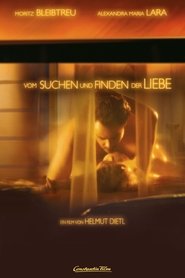 Director helmut Dietls and Patric Susskinds...
Director helmut Dietls and Patric Susskinds...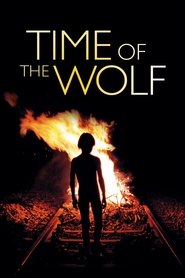 When Anna and her family arrive...
When Anna and her family arrive...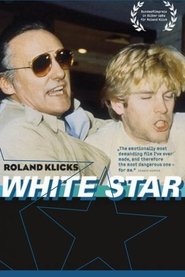 A cleancut synth artist in Germany...
A cleancut synth artist in Germany...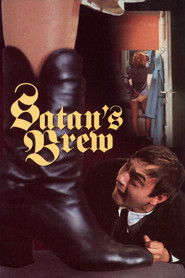 A famous poet who hasnt written...
A famous poet who hasnt written...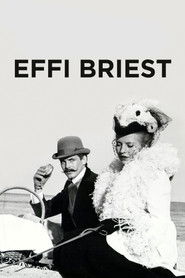 When 17yearold Effi Briest marries the...
When 17yearold Effi Briest marries the...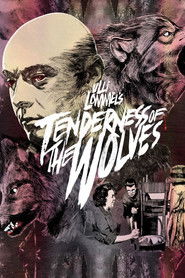 A German serial killer preys on...
A German serial killer preys on...